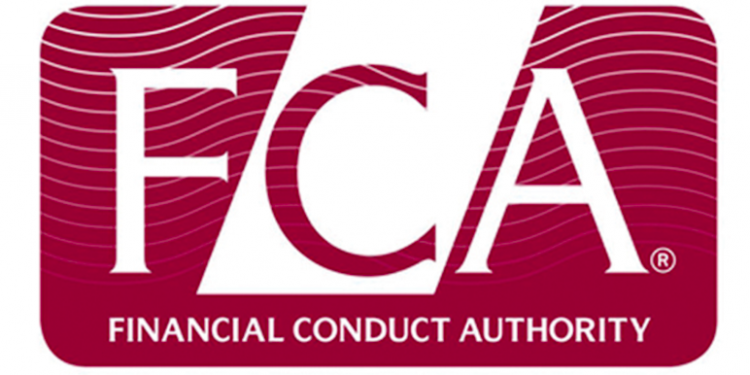The Financial Conduct Authority (FCA) has set out plans to ban advisers charging based on a positive recommendation to transfer out of a defined benefit scheme.
The decision to prohibit ‘contingent charging’ comes in response to concerns over inherent conflicts of interest created by the structure.
An exemption from the ban is proposed for those in serious ill-health or facing severe financial hardship.
Where contingent charging is permitted, advisers will have to charge the same amount, in monetary terms, for advice to transfer as they charge when the advice is non-contingent.
The regulator is also planning to introduce a short form of ’abridged’ advice that can result in a recommendation not to transfer based on a high-level assessment of a client’s circumstances. This will fall outside the proposed ban on contingent charging and should help maintain initial access to advice.
An FCA spokesperson says: “In our view, given the advantages of DB pensions, the proportion of consumers advised to transfer is too high. We believe that many of these transfers will not have been in consumers’ best interests.”
AJ Bell senior analyst Tom Selby says:“The argument over contingent charging has always been a balancing act, with the FCA weighing up the dangers posed by the inherent conflict of interest created by the charging method with the potential impact a ban could have on people’s ability to access good quality advice.
“In particular, by banning contingent charging the regulator will make it more difficult for those with large pensions but on lower incomes to pay for advice.
“There remain perfectly legitimate reasons for a member to wish to transfer from a DB to a DC scheme, and it is positive the FCA has looked to address those who are particularly vulnerable through a carve-out from the transfer ban. The extent to which this carve-out will actually be utilised will likely depend in part on how onerous the process is.”





